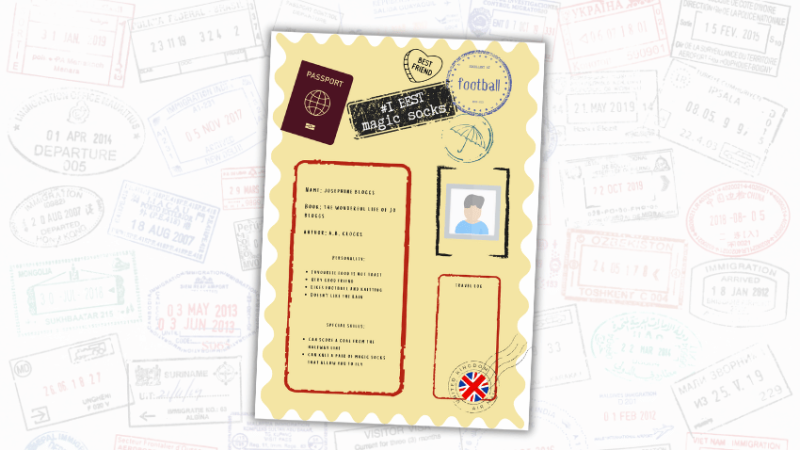Talk To The Hand – How Gesturing Can Unlock Your Early Learners’ Communication And Maths Skills

Research shows that gesturing helps develop cognitive processes, communication and maths skills. Maria Kay suggests some musical activities to get children’s arms moving…

- by Maria Kay

Gesturing – the act of communication by bodily movement – may help us to think and do maths, and could aid the development of language skills too.
It supports children’s communication when they talk about something they are doing, and helps to reinforce language. Children furthermore use gesture to communicate before they use speech. A child may, for example, point to a doll and say ‘doll – the pointing finger is indicating where the doll is, and is therefore giving different information to the accompanying speech. The gesture enriches the verbal information given.
Riding the wave
An early gesture that children is that of waving, especially to signify ‘goodbye’. Encourage performance of this gesture by incorporating it into a ‘hello’ or ‘goodbye’ song.
The action of gesturing also helps children to imagine doing something. Being able to imagine something in your head is called ‘internalising’ – this is important for helping to develop literacy skills, since children need to know how letters look and sound.
Being able to learn sequences is another key skill, as is being able to imagine orders of numbers and letters, and the timing of events in way that helps us to make sense of, and understand our lives.
Using actions to expand vocabulary
Action rhymes that involve showing a correct number of fingers help children to visualise the amounts represented by numbers.
For example, many children will sing the song ‘One Two Three Four Five, Once I Caught a Fish Alive’ while holding up the appropriate number of fingers when each number is sung. It’s also possible to add the gesture for ‘why’, in the form of shrugging shoulders, out-turned hands or a quizzical face.
Recent research in this area by Novak et al investigated the extent to which gesturing helps learning, particularly in maths. They found that gesturing worked better than just an action, and that it helped children to apply a skill learned in one situation to a different, but similar situation.
Psychologists call this ‘generalisation’ – the ability to transfer previously learned skills to other problems. Following on from earlier research showing that children’s gestures could predict the words that might enter their vocabulary, a 2008 research project by Susan Goldin-Meadow suggested that toddlers who use gesture more often have better vocabularies by the time they reach school than those who don’t.
Possession of a good vocabulary is a determinant of literacy success – so it follows that encouraging young children to speak with their hands as well as their voices may contribute to their education. Adults’ gestures to children may also have a further impact upon children’s learning.
Gesture and brain function
The song ‘The Wheels on the Bus’ contains many gestures. Exaggerate them whilst singing, and encourage the use of these gestures in other circumstances.
Using the song ‘Everybody Do This,’ change the words ‘Just like me’ to ‘Everybody’s x’. Insert the following words for different verses – quiet, hungry, tired, thirsty, strong, happy, sad, and puzzled. Either ask the children to suggest gestures for the words, or omit the words, do the gestures and ask children what the gestures might mean.
At the end sing “Everybody stop now” and show a ‘stop’ gesture.
Subsequent research by Goldin-Meadow showed that gesturing not only supports speech, but may also indicate thoughts that are unspoken. Her work with Ozcaliskan found that children are more likely to use gestures when they are learning something new.
It seems that these movements may even help the brain to function. We tend to gesture more when describing things that may be difficult to remember, or when we are having difficulty describing something, even if the object is present. The act of gesturing therefore seems to help us to retrieve the words we need.
Research suggests that if you wish to support children’s communication and maths skills, help their brains to process information and aid their memory, then encouraging the use of gestures will help. Using musical activities as a vehicle for learning will further reinforce these skills in a fun and enjoyable way.
Maria’s books include Sound Before Symbol: Developing Literacy through Music, available from Sage Publishing, and Alphabet Book + More: A Sounds and Symbols ‘Literacy through Music’ Book, further details of which can be found at bryantandkaypublishing.co.uk










